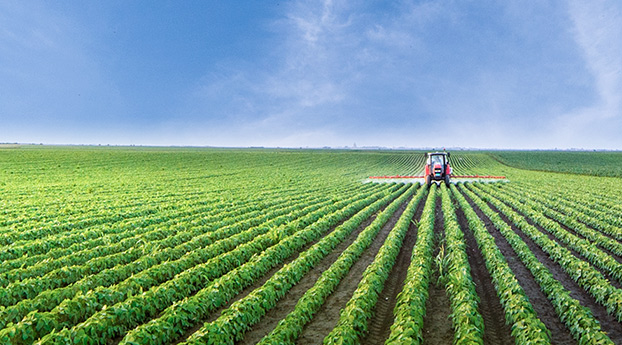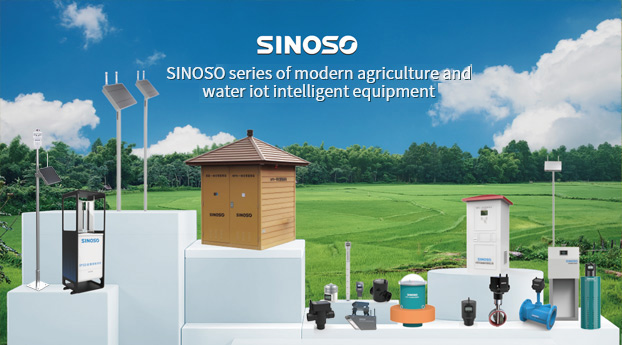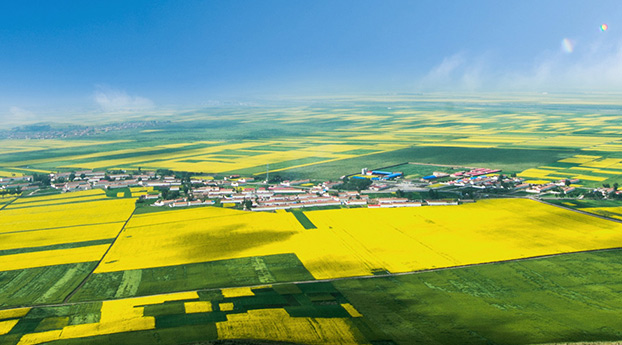Nanjing relies on the central financial smallholder water key county construction to comprehensively improve farmland irrigation and drainage capacity
Release time:2014-05-09 Views:313
Nanjing is located at the intersection of the plain in the middle and lower reaches of the Yangtze River and the Yangshan hills in Ningzhen. It is an urgent need of agricultural development to build an irrigation and drainage guarantee system to serve modern agriculture and comprehensively improve the capacity of farmland irrigation and drainage, as well as an important content of water conservancy modernization. Nanjing adheres to high-standard planning for the improvement of farmland irrigation and drainage capacity, gathers the layout of agricultural development of the whole city, actively integrates the resources of land, agriculture, transportation and other related projects, carefully organizes, strictly manages, increases investment and innovates mechanisms, and implements the construction of water source, water transport and transfer, canal system, efficient water saving and other projects with the central financial key county project construction. We will comprehensively improve farmland irrigation and drainage capacity. At present, the agricultural water guarantee rate in the plain polder area of Nanjing City has been raised to 90\%, the agricultural water guarantee rate in the hills and mountains has reached 78\%, and the utilization coefficient of farmland irrigation water has reached 0.633. Especially in Jiangning District, Pukou District and Liuhe District of Nanjing, the guarantee rate of agricultural water use in the plain polder area has risen to 95\%, and that in the hilly and mountainous areas has reached 80\%, which basically meets the water transfer demand in years of severe drought.
First, improve farmland irrigation and drainage capacity and adhere to high standards of planning. The districts under the jurisdiction of Nanjing have formulated the construction plan of irrigation and water conservancy, which serves as the basis for the implementation of the key county project of small peasant water funded by the central government. The plan pays attention to the improvement of the city's farmland irrigation and drainage capacity, and actively combines with the municipal agricultural development layout, modern agriculture demonstration park construction and urban beautiful countryside construction to promote the development of modern agriculture and ecological tourism agriculture. Comprehensively improve rural production and living conditions in the project area. Under the guidance of high-standard planning, the 2013 central financial small-scale water key county construction projects in Nanjing Jiangning District, Pukou District and Liuhe District have played a significant role, and successfully built a number of core demonstration areas of farmland water conservancy.
Second, improve farmland irrigation and drainage capacity and integrate related resources. In accordance with the principle of "no confusion in channels, no change in use, complementary advantages, recording their own achievements and forming joint forces", the construction of projects to improve farmland irrigation and drainage capacity is guided by central financial funds, actively seeking financial support at provincial, municipal and district levels, integrating funds from other departments and social forces involved in farmland water conservancy construction, implementing centralized investment and overall promotion, and striving to create new highlights in the construction of farmland water conservancy. Nanjing Jiangning District, Pukou District and Liuhe District won the financial support of the province, city, district and town of 120 million yuan when implementing the key county of small-scale peasant water financed by the central government in 2013, and successfully integrated the resources of land, agriculture, transportation and other projects, with the integrated fund scale reaching 330 million yuan, forming a joint force to promote the project construction, and significantly improving the farmland irrigation and drainage capacity of the whole district.
Third, improve farmland irrigation and drainage capacity and standardize project construction and management. Nanjing farmland irrigation and drainage capacity improvement project construction carefully refer to the capital construction procedures, according to the relevant standards and requirements, Nanjing Jiangning District, Pukou District and Liuhe District implemented the project legal person system, bidding system, project supervision system, contract management system, project public announcement system, construction approval system, quality supervision system, fund verification system and other relevant systems when constructing the key county of small-scale peasant water financed by the central government in 2013, to ensure the standardized and orderly management of project construction. First, standardize management, clarify the responsibilities of construction, design, construction and supervision, and standardize the behavior of all parties involved in construction; Second, we should focus on schedule management, refine and decompose the objectives of the construction stage, strengthen the comprehensive coordination of related aspects, and control the project schedule strictly in accordance with the plan; Third, we should focus on quality management, establish and improve the quality assurance system, and strictly implement the "three inspection" system of self-inspection, reinspection and random inspection; Four focus on safety management. To establish a responsibility system for production safety in construction projects, formulate emergency plans for safety accidents, and implement the responsibility system for flood safety, flood control plans and various flood control measures.
From 2014 to 2015, Nanjing will continue to take the key county of small farmer water with central finance as the starting point, continue to improve the city's farmland irrigation and drainage capacity, strive to achieve the city's agricultural water guarantee rate of 100\% in plain and polder areas, 85\% in hilly and mountainous areas and 0.65 irrigation water utilization coefficient.

















